Bentley Flying Spur 2.9 Hybrid Review: Why it is the best Bentley yet for Singapore
The Bentley Flying Spur Hybrid, the 2nd PHEV in Bentley's range, will be a foretaste of Bentley’s future – at least transient – before it goes full EV. How does it stack up versus its V8 and W12 siblings? We find out at the international press drive at Beverly Hills, California.


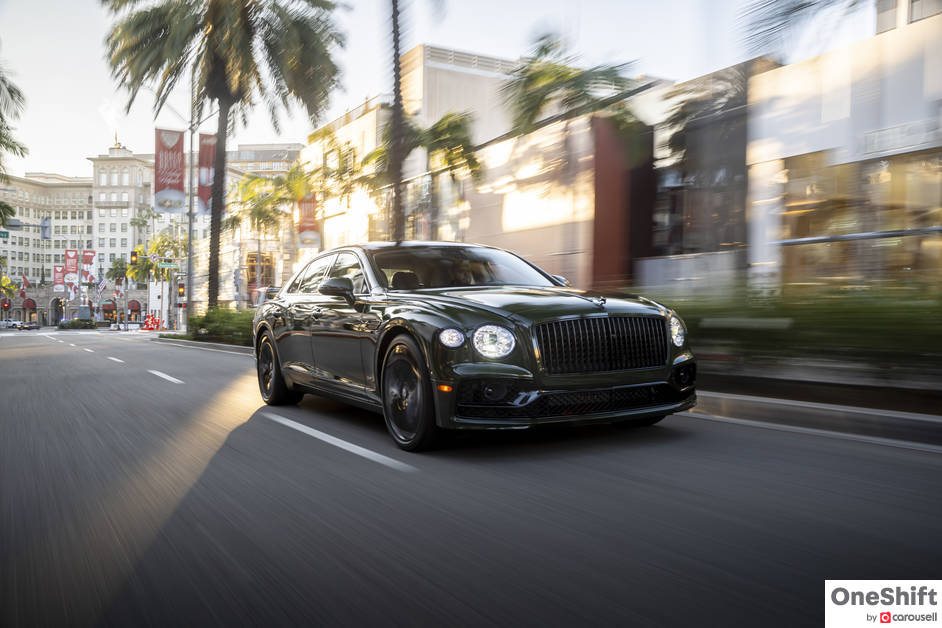
Los Angeles is an example of what life would be like if we had space. No need for building upwards, being able to drive literally everywhere and to the doorstep of our destinations. Seeing the expanse of low-rise urban sprawl from the window of the airplane cabin was truly a sight after being in the dense Singapore landscape for a good part of some 2 years.
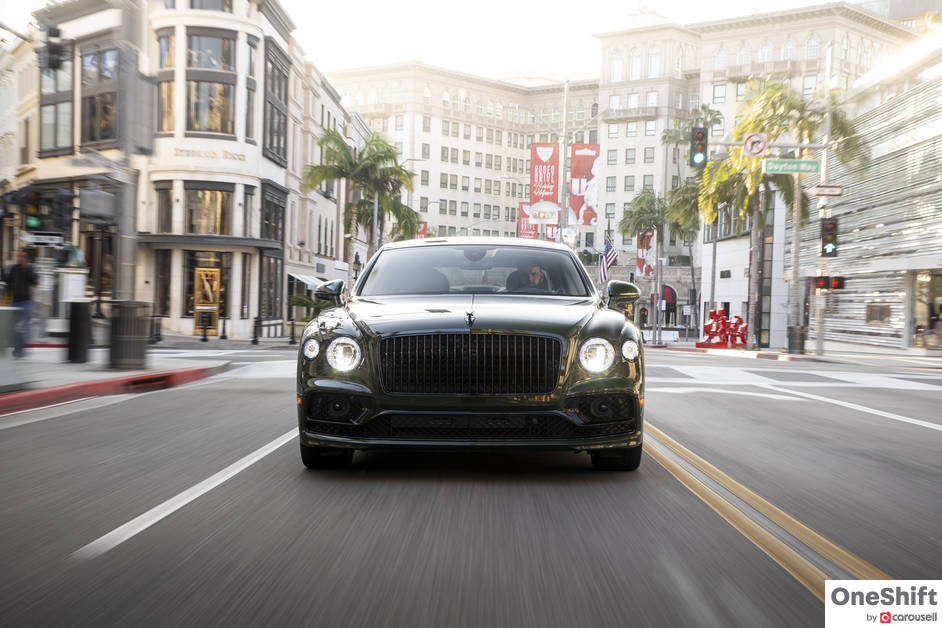
I can see why car enthusiasts love LA because a car is a need and not a want, and where we were housed in Beverly Hills, there was always an interesting car round the corner with an equally head-turning exhaust note. Especially at Peninsula Hotel, which was at its opening in the 1990s at a cost of some US$100 million, the most expensive hotel in LA and continues to be a gathering point for the who’s who in Beverly Hills. Its post code is at 90212, just a stone’s throw away from the famous 90210.
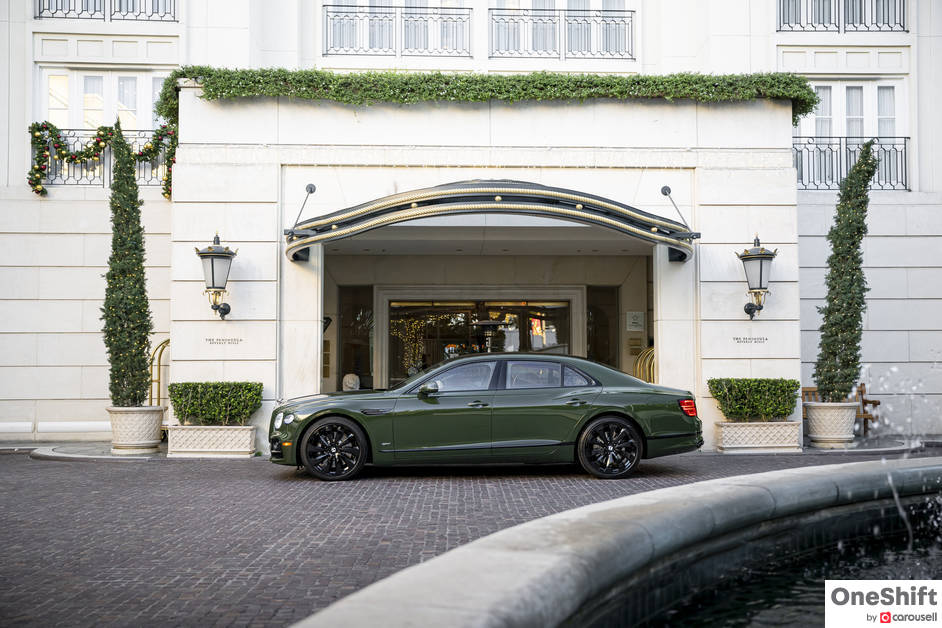
But alas, the car-loving LA public has made air pollution a major problem in the city, rated as the nation’s worst. For a sustainable high quality of life, emissions must be reduced, and I could see why Bentley wanted to launch its Flying Spur Hybrid in LA, besides the Americas being Bentley’s biggest market.
Interestingly, only 30% of Bentley owners initially said that they would want to go electric in a survey done in 2020. However, that figure jumped to 60% in 2021 and the Flying Spur Hybrid is an answer to that mindset change.
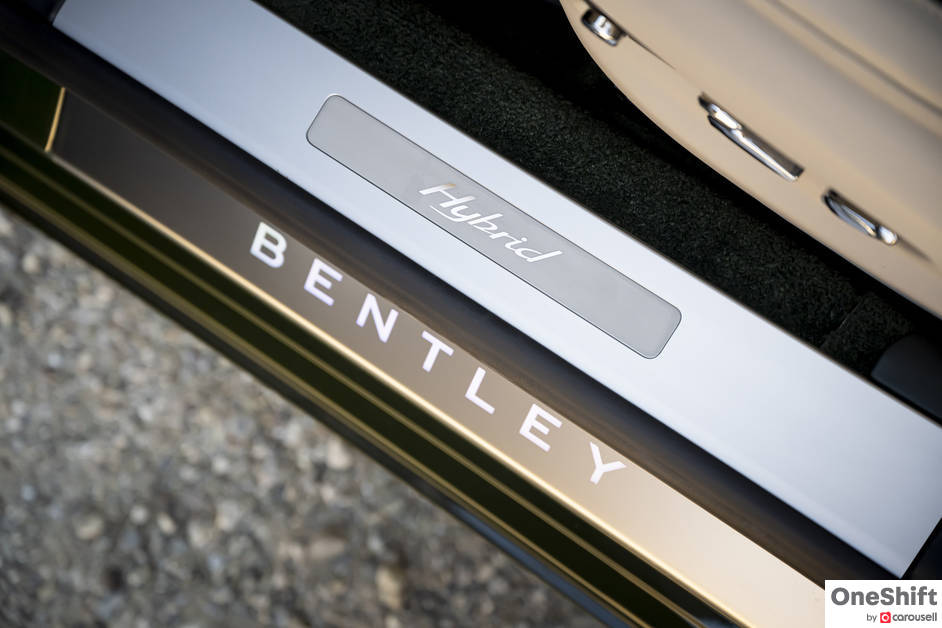
Bentley will go full electric by 2030 and will already phase out its V8 and W12 engines by 2026. Hybrids will be a permanent, and pervasive, feature across the range by 2024, so the Flying Spur Hybrid which is the second PHEV in the range (first being the Bentayga Hybrid) is a sure sign of things to come. How the Flying Spur Hybrid drives will be a foretaste of Bentley’s future – at least transient – before it goes full EV. It also sits above the V8 in the pecking order so the expectations, and stakes, are high (V8: S$919,000, Hybrid: S$949,999, both sans COE and options).
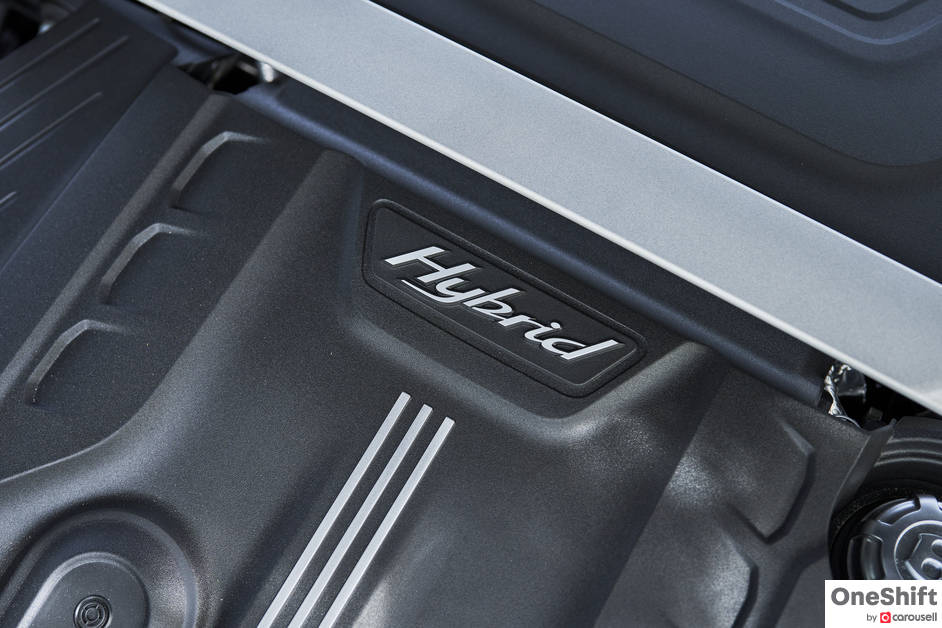
Bentley is making sure the transition is eased in rather than rushed, and it is reflected in the way the Hybrid is designed as well. From a first glance it is almost indiscernible from its siblings. Only Hybrid badging at the front fenders and an additional universal charging port give it away. Otherwise, it looks every inch the Flying Spur we know and love, with its gorgeous superformed panels (500°C heated aluminium cut by laser) and svelte lines.
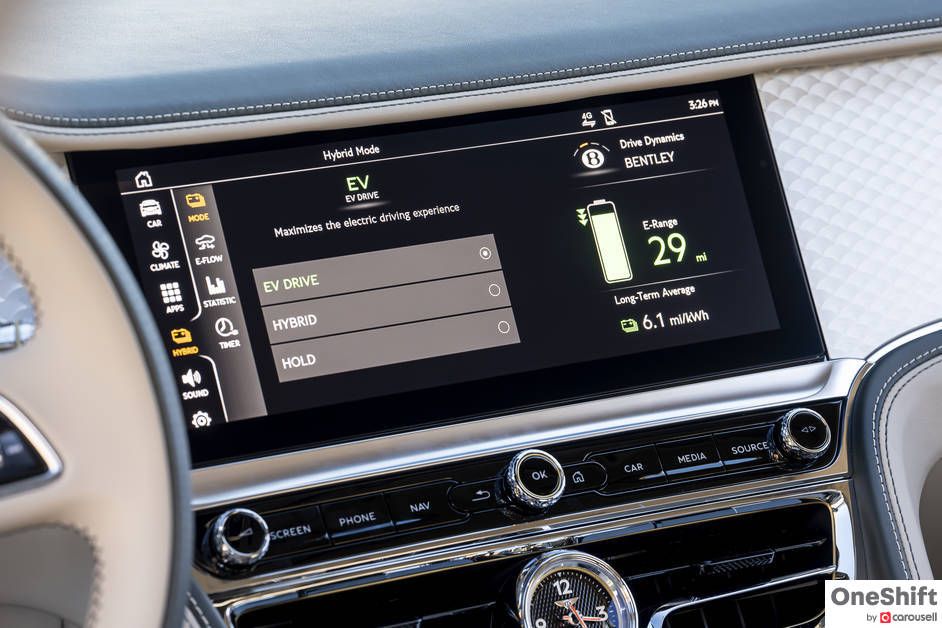
It's the same story in the interior, with things largely unchanged save for a dedicated interior button to change between Hybrid, Hold and EV modes, as well as a modified instrument panel to show regeneration. It’s quite possibly the most subtle hybrid we’ve ever come across, even with the gorgeous specifications that were on the press cars, part of some 56 billion ways to customise a Bentley. And that’s not even engaging Mulliner, Bentley’s bespoke arm.
Los Angeles has two of the worst traffic corridors in the USA, one of which is coincidentally on our drive route (Freeway 101). Thankfully, probably due to the pandemic, traffic out of LA towards Santa Barbara was generally smooth-flowing.
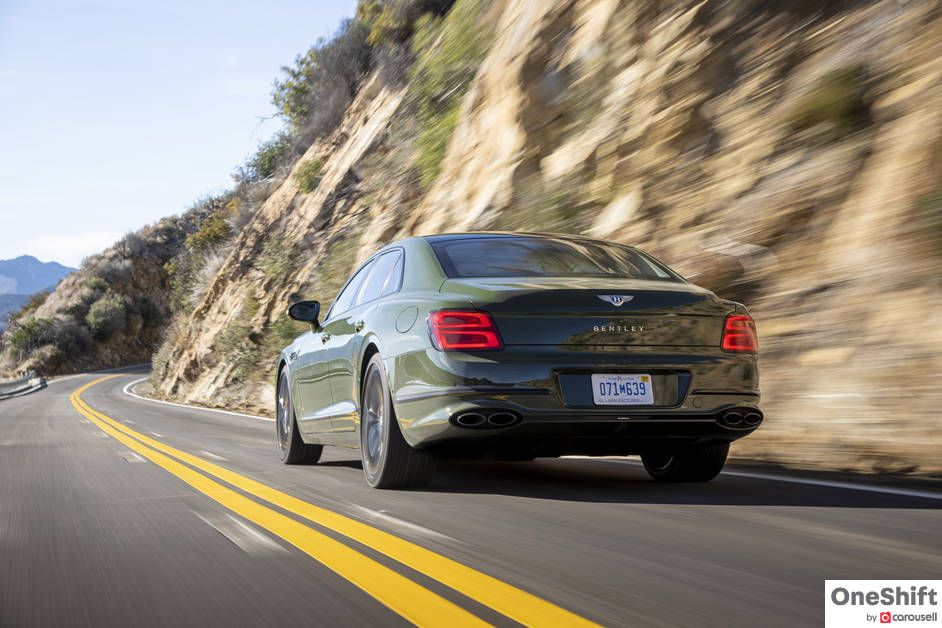
Oddly, these favourable conditions did not quite allow the Flying Spur Hybrid to shine. Its raison d'être is being able to scythe across the crowded metropolitan in ways you would not expect of a Bentley: efficiently and subtly.
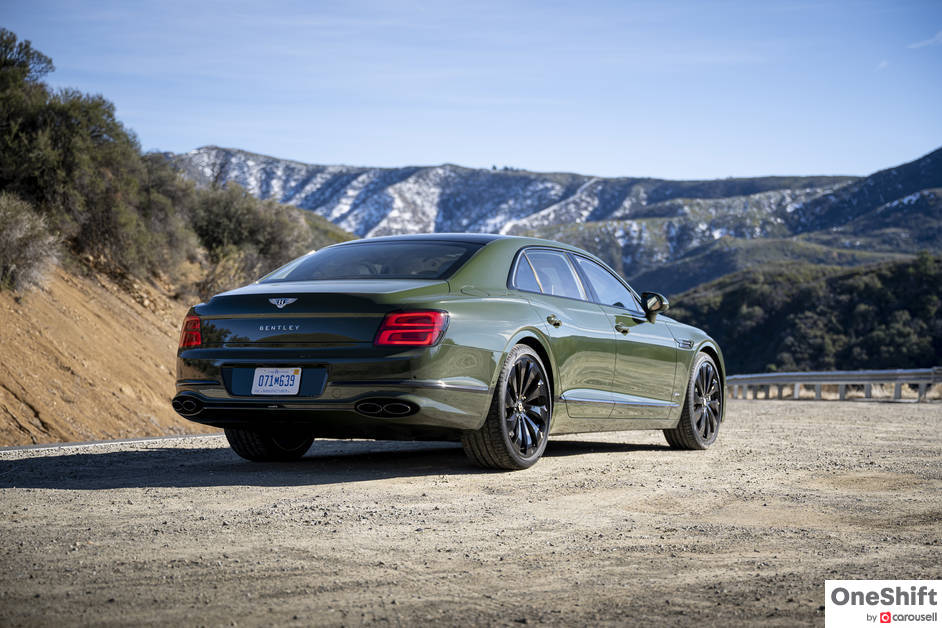
But because the roads to Santa Barbara were so clear, the Flying Spur Hybrid summoned its 2.9-litre twin-turbo V6 more often than not to supplement the 18 kWh battery (twin string versus single string in the Bentayga Hybrid, for consistent power for longer) at higher freeway speeds. Perhaps also to overcome its 175 kg weight penalty over the V8. When it does, a distinct V6 sound emanates from the exhaust pipes which is the main clue of the transition. Otherwise, it’s mostly imperceptible in the way it shuffles between electric and ICE, save for the occasional jerks if you demand immediacy from the car.
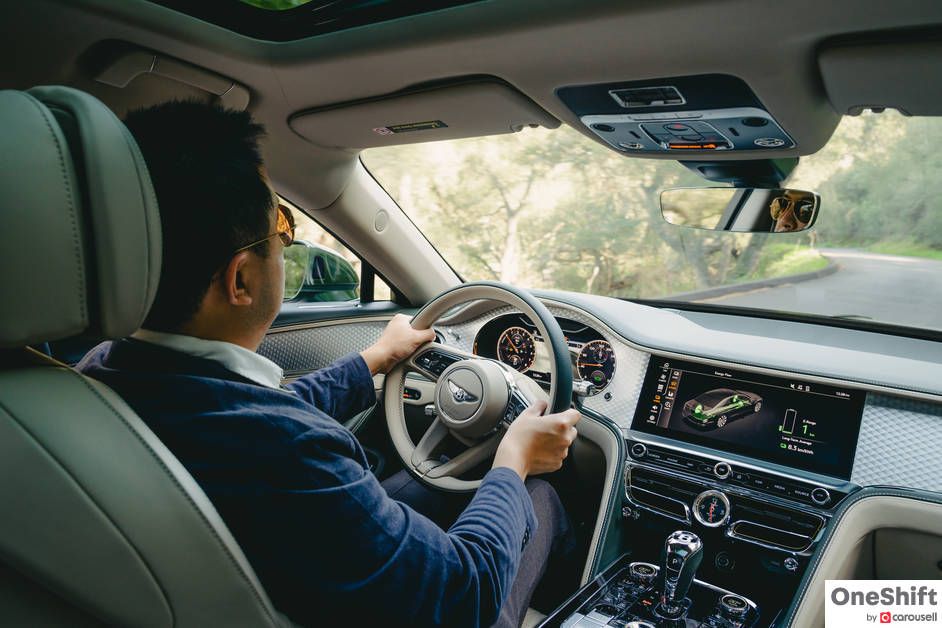
However, take comfort that it is substantially quieter than the Flying Spur V8 – at max road speed, the Flying Spur Hybrid is 50% quieter than the V8 measured in decibels, and it is also quieter at all road speeds. Perfect opportunity then to sample the 2,200W 18-speaker Naim audio system, which was astounding. Sitting in the back seat and enjoying a massage calmed even the most turbulent digestive system awoken by a breakfast acai bowl.
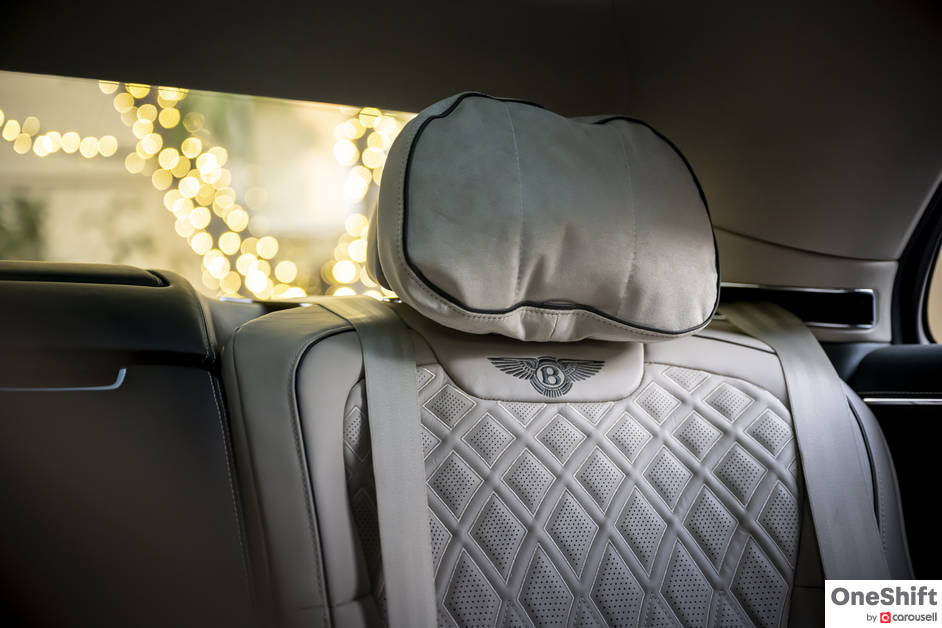
But you can tell the Bentley was made as much for the driver as it is for passengers. It’s not superlatively quiet like some of its competitors, and despite an increase of 60% of air volume in its three chamber air springs compared to its predecessor, it rides with a blend of sport and comfort rather than an outright bias for the latter.
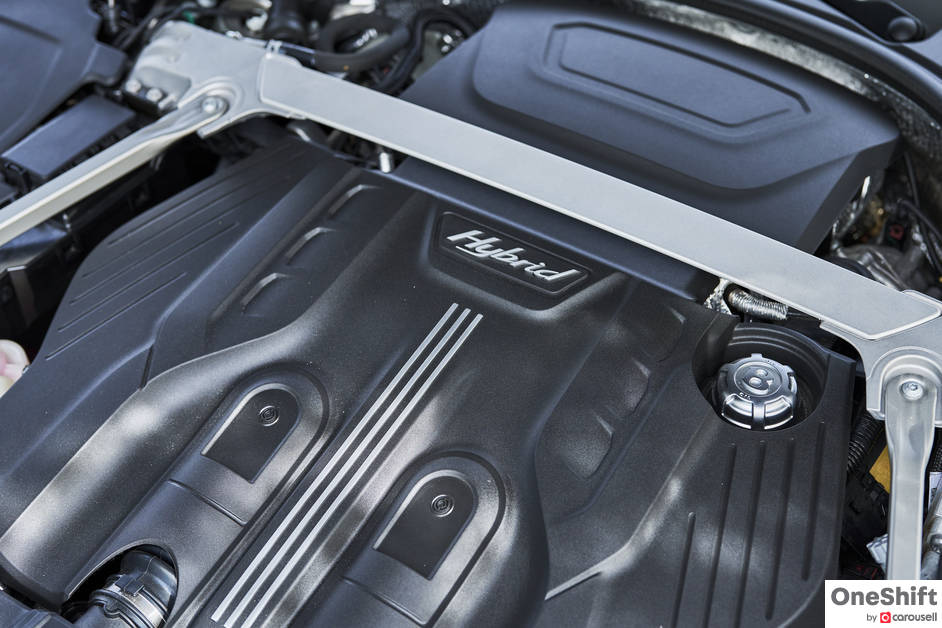
Here the drivetrain also promises much for the keen driver. The 2.9-litre V6 is uprated versus the 3.0-litre V6 in the Bentayga Hybrid (adding 95 bhp) and from experience in other Volkswagen Group products, is a far superior engine. It outputs 150 bhp/litre, which even trumps the V8 in that regard.
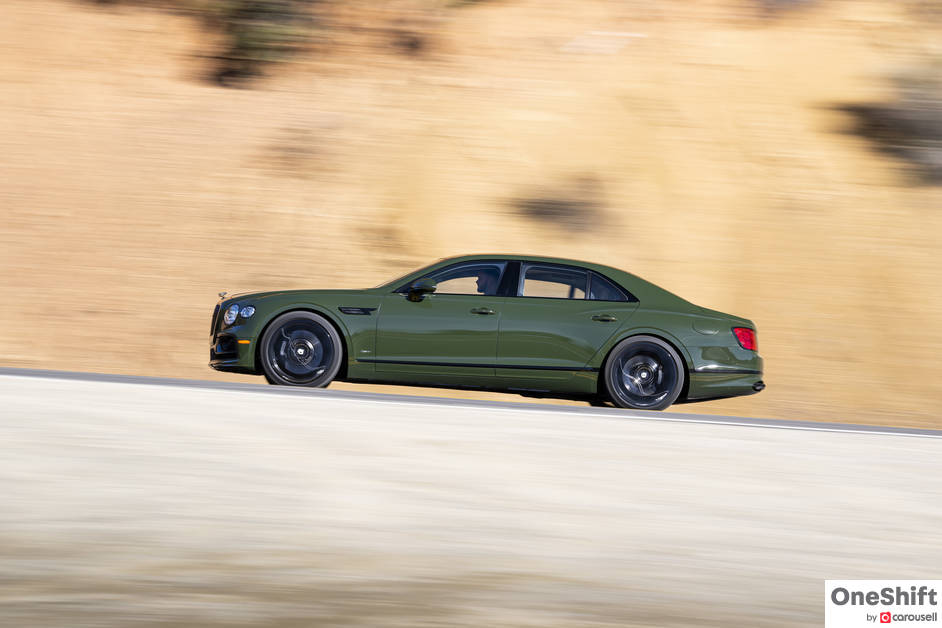
There is quite a fair bit of power with 536 bhp and 750 Nm on tap (V8: 542 bhp, 770 Nm), at least with the battery fully charged. You’d never consider it slow, and there is discernible boost from the electric powertrain. 0-100 km/h is dispatched in 4.3 seconds, and 0-160 km/h in 9.4 seconds (the V8 does it in 4.1 and 8.8 respectively).

But I wouldn’t be doing my job if I didn’t tell you that it feels more workhorse in character versus the V8 and W12 powerplants, no matter how much the brand likes to emphasise that six-cylinder engines were already in its earlier cars, the Speed Six and the Flying Spur S1. It is lacking a sense of occasion and drama that we so love, but perhaps this is the sort of adjustment we have to start making with Bentley easing us in before things go fully electric.
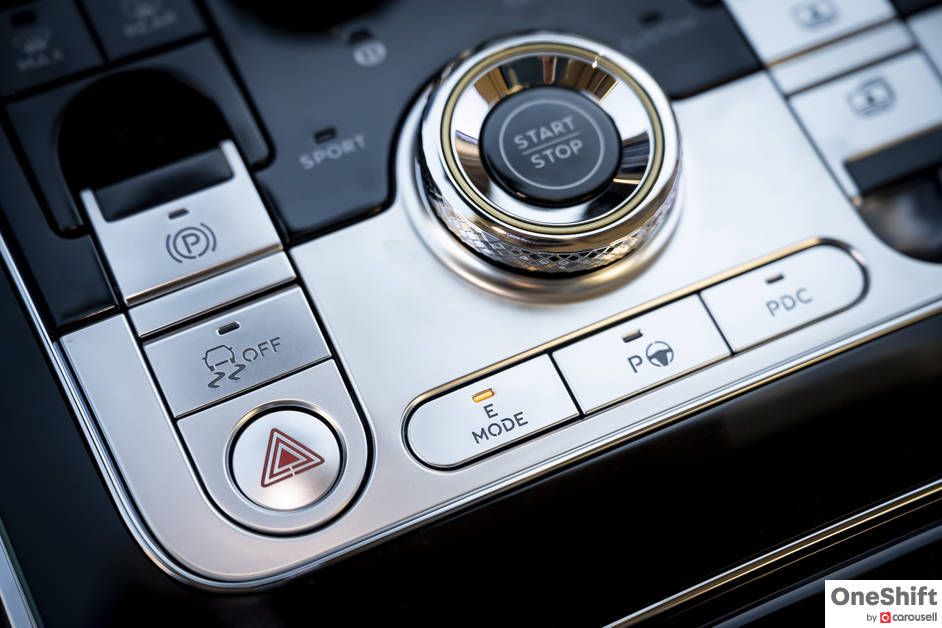
Best to keep those batteries juiced up too, for when they go flat, the car does feel sluggish, although it only takes about 2.5 hours to charge (AC only). With ~50 km of indicated EV-only range from a fully charged battery, it’s best only to engage this for short trips where you are able to charge the battery shortly after. In Hybrid mode, battery power is preserved much more, and this is probably the preferred mode for a long drive. It also uses the navigation to plan out the best combination of engine and battery use, adjusting for factors like traffic and terrain. Hold mode is the default in Sport as it attempts to conserve charge. There is a range of over 700 km which is the most of any Flying Spur, an important point because the Flying Spur is driven for longer distances than any other Bentley.
After a short, but stunning lunch stop at The Glass House, a private mansion perched on the hills overlooking the Pacific Ocean, we were to make our way back to Los Angeles. For once, I was actually looking forward to the evening traffic to try the Flying Spur Hybrid in its element.
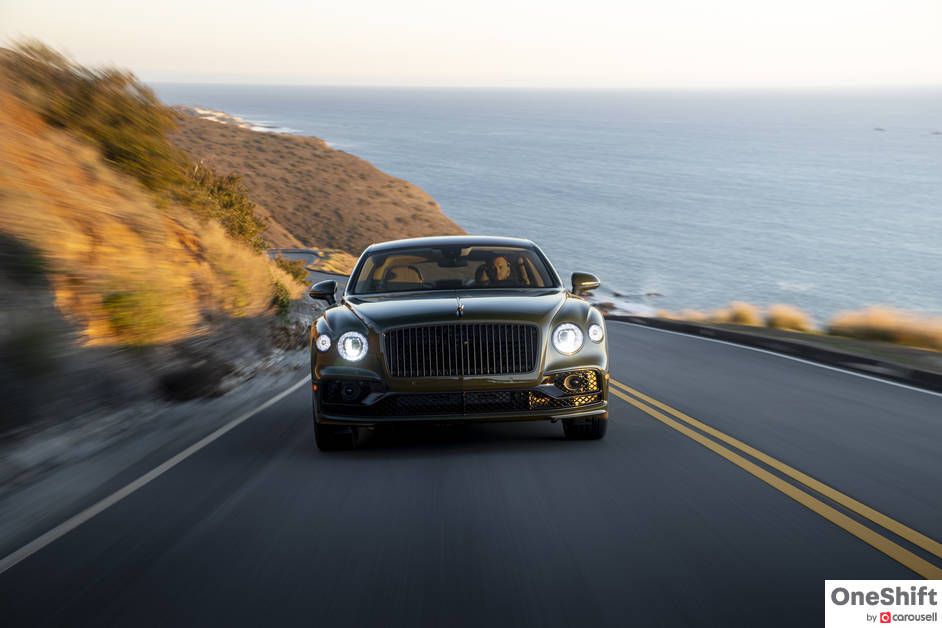
Going into Malibu, I got what I wanted and truly, the car felt right at home. With guilt-free running in EV mode, I could enjoy the sumptuously specified interior and beautiful Naim audio all I wanted while waiting for traffic to clear. While I would ordinarily feel flustered about wasting time in traffic, relaxing in the Flying Spur Hybrid was elevated to another level with no worries about burning petrol unnecessarily or getting worsening fuel consumption readouts. I’m not sure if it’s just me, but I think many wealthy people who could buy a Flying Spur Hybrid may also be bothered about such things, if not for their sustainability focused mindset. We were averaging about 12.5 km/l for the day, and a peek at longer term readings showed 11.4 km/l, which are decent numbers.
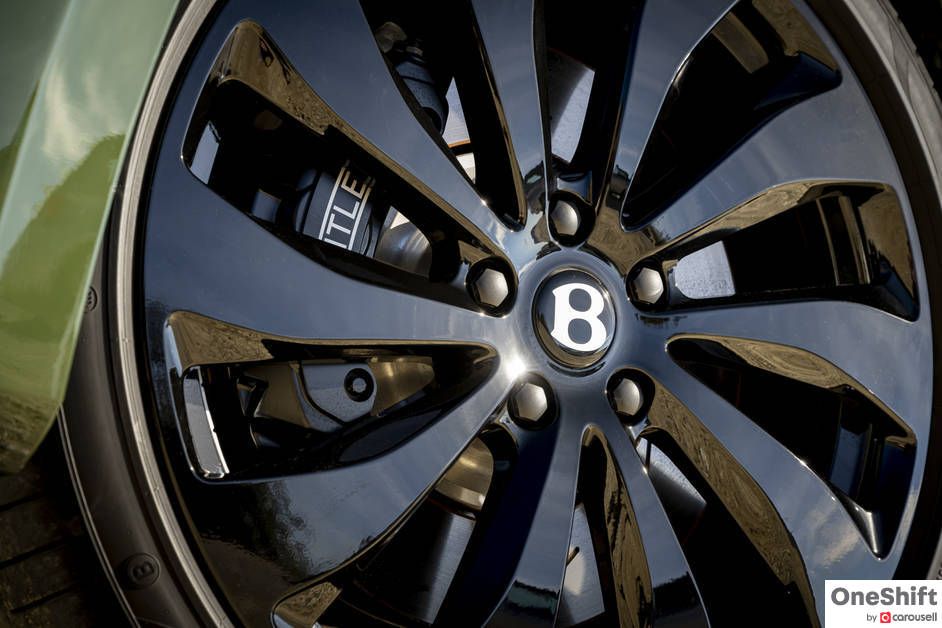
This is why the Flying Spur Hybrid is the best Bentley for Singapore, coupled with the fact that the Bentayga Hybrid is currently not available. Our unique driving conditions on our little island mean that we will always be in a favourable use case for the Flying Spur Hybrid. That is, start-stop traffic, congestion and going up dizzying ramps of tall buildings or deep underground car parks. The Flying Spur Hybrid glows in these situations and will literally never ever use a drop of fuel for the sort of distances we do as well, so long as you’re gentle with the throttle. EV mode is overcome pretty easily if you’re in a hurry.
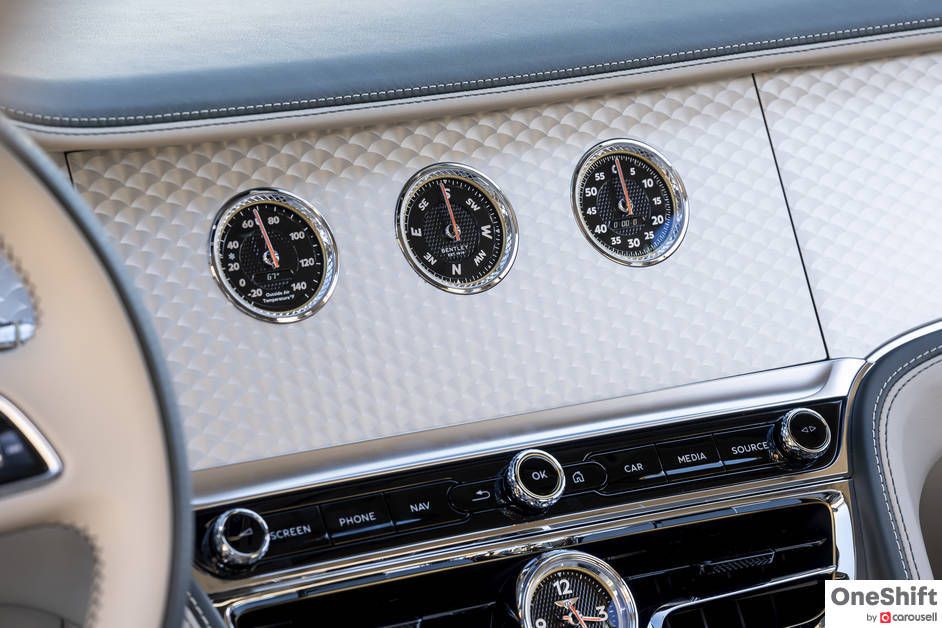
If you’re ever only going to use your Bentley in Singapore, I think the Flying Spur Hybrid suits extremely well. But for a little pizzazz and a last hurrah for the internal combustion engine, I think the V8 makes a strong case for itself despite being an ‘entry-level’ Flying Spur. Otherwise, go for the full fat W12, which is not a lot more expensive ($1,019,000 without COE & options).
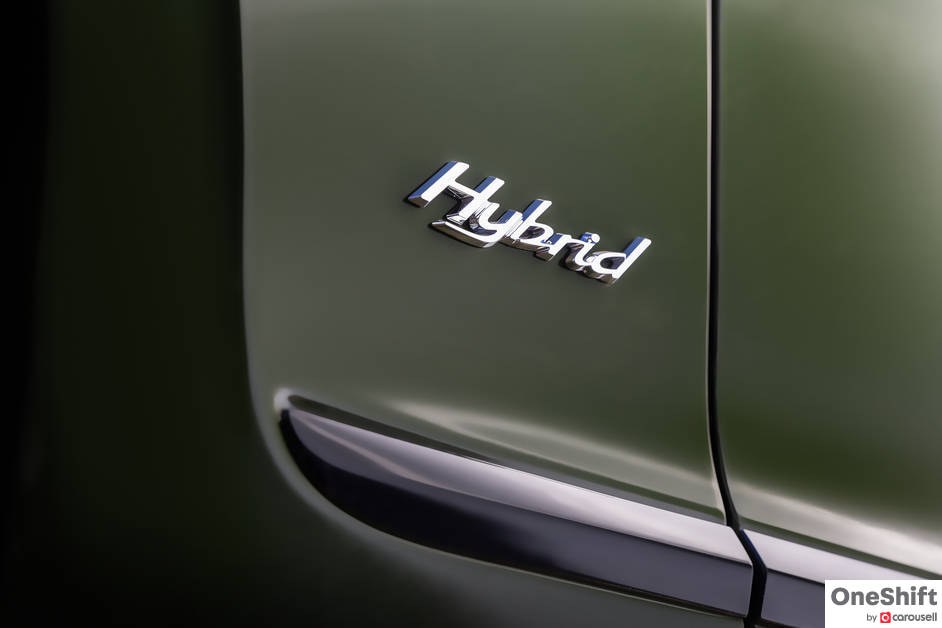
To be fair, there is a near immaterial difference in pricing between the 3 variants (a mere 11% increase separates the V8 and W12), so it really boils down to what you really want from a Bentley. There’s something for everybody, and more choices can only be a good thing for those wanting to spend their hard-earned wealth. Thankfully, there’s still a wide and varied selection, not something we can say for the very near future.
The Flying Spur Hybrid will be available in Singapore in 2H 2022.
Credits: Text by James Wong from Beverly Hills, California; Photos by Bentley Motors Limited








Get the Best Price for your used car
from 500+ dealers in 24 hours

- Convenient and Hassle-Free
- Consumer Protection
Transparent Process
With No Obligation








